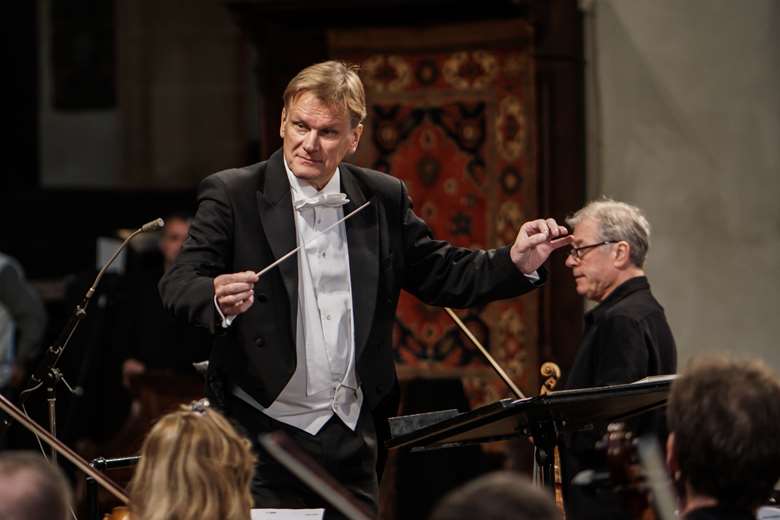Music, medicine, and healing: Inside the World Doctors' Orchestra
Jon Tolansky
Thursday, June 17, 2021
The world is thanking its doctors like never before, as the pandemic continues to wreak havoc. Jon Tolansky speaks to members of the World Doctors' Orchestra and explores why so many doctors are drawn to making music

Credit: Stefan Socaciu

Register now to continue reading
Don’t miss out on our dedicated coverage of the classical music world. Register today to enjoy the following benefits:
- Unlimited access to news pages
- Free weekly email newsletter
- Free access to two subscriber-only articles per month